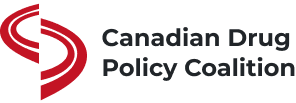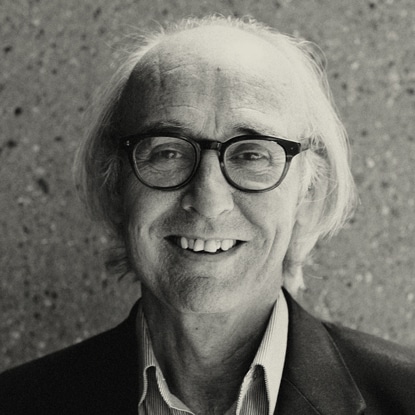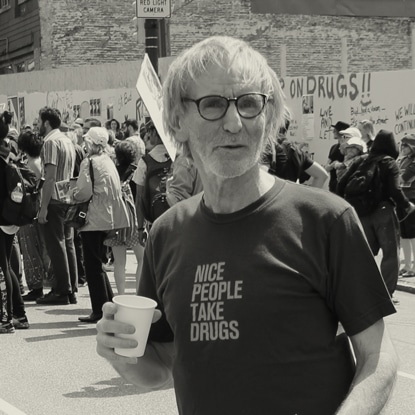“We also hear from many parents of drug users who have saved their own sons and daughters. Often when people shoot drugs, it happens near relatives rather than other drug users, who sometime know better than doctors how to provide help. If parents have a Naloxone kit at home and if they have been trained how to use it, they can make an injection and see their child come back to life right in front of their eyes. Often mothers ask us: Why didn’t we know about naloxone before? Why didn’t the drug therapist ever mention that there is a product that can reverse an overdose and save a life immediately?”
These are the words of Natalia, an outreach worker in the Ukraine as she describes the positive impact of her organization’s overdose prevention program on clients, employees, and the community. Natalia was interviewed by Sharon Stancliff from the Harm Reduction Coalition in New York during a Regional Workshop on HIV and Drug Use in Kiev, Ukraine. This interview is from a series of videos of people talking about the positive experiences with overdose response programs.
Natalia is not alone. Many people have been saved by proper training about overdose prevention and response. Many more could be saved by expanding these initiatives. That’s what International Overdose Awareness Day is about.
What is an overdose?
An overdose means having too much of a drug (or combination of drugs) for your body to be able to cope with. There are a number of signs and symptoms that show someone has overdosed, and these differ with the type of drug used. Check out this website for information on the signs of an overdose.
Between 2002 and 2009 there were 1654 fatal overdoses attributed to illegal drugs in B.C. Death from drug‐related overdose is a leading cause of accidental death in Ontario. Increases in the use of prescribed medications like Oxycodone have precipitated increases in overdose. Each year in Ontario between 300 and 400 people die from overdose involving prescription opioids — most commonly oxycodone. In Ontario, prescriptions of oxycodone increased by 850% between 1991 and 2007. The addition of long-acting oxycodone to the drug formulary was associated with a 5-fold increase in oxycodone-related mortality and a 41% increase in overall opioid-related mortality.
What is International Overdose Awareness Day?
International Overdose Awareness Day is held on August 31st each year. Commemorating those who have met with death or permanent injury as a result of drug overdose, it also acknowledges the grief felt by their families and friends. Celebrated around the world, it aims to raise awareness of overdose and reduce the stigma of drug-related death, especially for those mourning the loss of a loved one. It also spreads the message that the tragedy of overdose death is preventable.
An Inspired Idea
International Overdose Awareness Day originated in Melbourne, Australia in 2001. Sally Finn, manager of a Salvation Army needle and syringe program, was touched by the sorrow she observed among the friends and families of those who had overdosed. She witnessed their inability to express that sorrow because of the stigma surrounding people who use drugs.
Sally decided to organize an event of remembrance. To commemorate those who had died from overdose, Sally thought of distributing ribbons. She thought she’d need 500… she gave out 6,000.
Eleven years later, that one event in the back yard of a suburban crisis centre has evolved into International Overdose Awareness Day, which is now celebrated around the world. Its global significance reflects the universality of the human emotions triggered by the tragedy of overdose – a tragedy that is preventable.
Events in Canada marking International Overdose Awareness Day 2012
Ottawa: This year Ottawa is hosting an event at the Human Rights Monument on Elgin St. (at Laurier St.) in front of City Hall from 11:30am -12:30pm. Speakers will give an update on overdose statistics in Ontario, Dr. Lynne Leonard (Ottawa University) will speak and organizers will demand overdose prevention programming (Naloxone), evidence based treatment facilities, and the establishment of a supervised injection facility in Ottawa. For more information check out this page.
Toronto: The South Riverdale Community Health Centre is offering an afternoon of events with food and films. To kick things off, they are declaring their facility to be a Good Samaritan Zone and reminding people that they won’t be penalized for drawing attention to an overdose occurring on the site. Events will continue with a talk by Chantal Marshall from The Works in Toronto, who will discuss the role that Naloxone can play in responding to overdose, and Walter Cavalieri from the Canadian Harm Reduction Network, who will speak about the importance of remembrance on International Overdose Awareness Day.
Edmonton: On August 31st, Streetworks will be hosting a candlelight ceremony at City Hall at 2:00pm. Along with the ceremony, there will be words spoken by the Medical Officer of Health for the Edmonton Zone, Dr. Christopher Sikora, as well as a designate from City Hall. There will also be a raffle, with all proceeds going to overdose awareness programs.
Victoria: A vigil will be begin at 10:00am on the corner of Quadra and Pandora to honour those lost to fatal drug overdose and to recognize how stigma and discrimination, criminalization and a lack of harm reduction services, including supervised consumption services, continue to result in overdose fatalities. Check here for more information.












